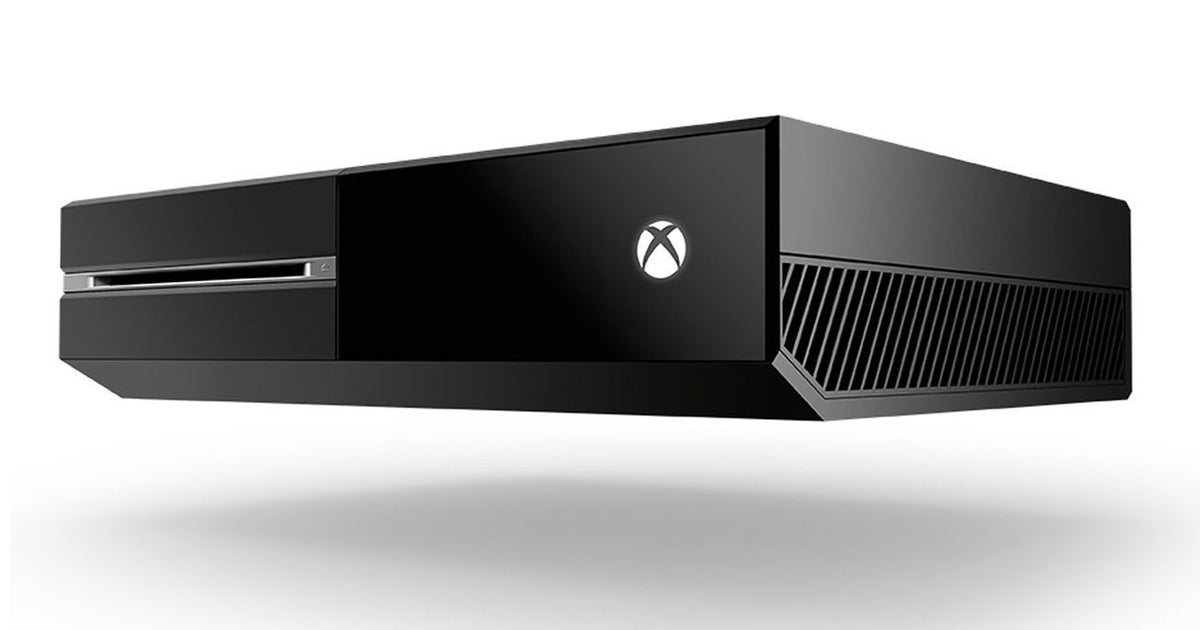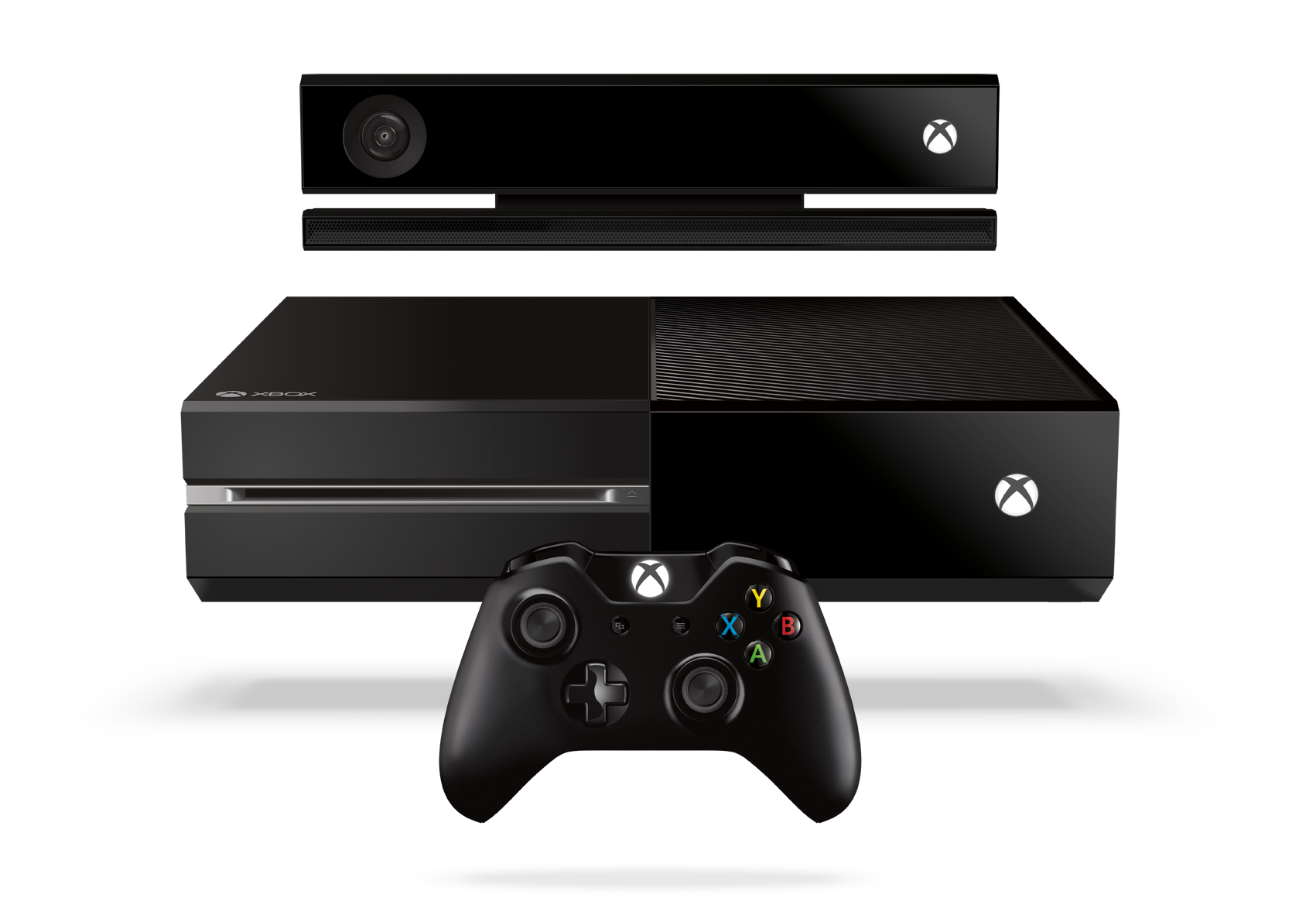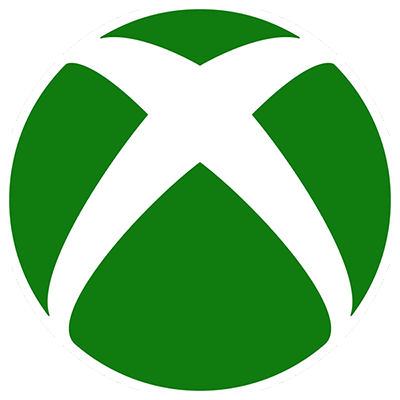Topher
Identifies as young
It started with reports on NeoGAF that extremely rare 'new/old' stock of original Xbox One consoles - the so-called 'VCR' or 'set-top box' model - were unable to function owing to the lack of a system software update for the hardware. Used consoles sold on eBay and factory-reset also have the same issue. Based on our own testing from Xbox One consoles brought out of storage, systems operating on older firmware revisions error out when connected to Xbox Live. We've informed Microsoft, we're confident the problem will be fixed, but the situation raises awkward questions about the future prospects of console hardware reliant on an internet connection to fully function.
Let's be clear about what we're talking about. As far as we're aware, the problem does not impact 2016's Xbox One S hardware revision. We're talking about the launch model, the set-top box edition. And it doesn't apply to all consoles - if every single Xbox One 'VCR' out there couldn't get online, I'm sure we would have heard about it sooner. It seems to be Xbox One hardware that is running older firmware that has the biggest risk of not being able to update. Two of our consoles are running 2017 dashboards, the other a 2018 revision. None of them can update - not from the internet, nor from USB via the downloadable offline installer.
By extension, we can assume that any affected console that can't update that is then factory reset (perhaps by a user looking to resell the console) cannot function at all, effectively 'bricking' the hardware until Microsoft can come up with a solution. If affected units aren't reset, the dashboard works, games running from discs works, but anything requiring an online connection won't function. Without access to the latest system software revision, it's impossible to access Xbox Live or any of its features, and we can safely assume that digital purchases requiring an online check-in also won't work unless the machine is set-up as primary account holder or 'home console'.
Now, there's an argument that says that if the problem hasn't really been noticed and its online footprint amounts to a two-page NeoGAF thread (and in fairness, a smattering of Reddit posts across the months), logic suggests that the majority of older-style Xbox One units still in general use are updating correctly. What we don't know for sure is the precise criteria that separates a working Xbox One from a non-working one. In an effort to find answers, we petitioned our users on the Digital Foundry Supporter Program who owned older Xbox consoles to attempt an update. The sample is small, but some updates did complete successfully. The evidence seems to suggest that a mandatory file in a firmware delivered in 2018 or later is required to successfully update the console.
However, from our perspective, in terms of games and hardware preservation, along with ownership rights, the idea that a working console can stop working is a red flag. It's a warning about the future operability for any console that requires an online connection and a reminder that while you may have bought a piece of hardware, you can only use it as long as the platform holder continues to properly support it. And if it's happening now, what about 10 or 20 years into the future? I can take an Atari VCS out of the attic after 40 years and assuming there's not a hardware fault, I can pick up and play. Or if a retro enthusiast wants to do likewise, they can buy original hardware and games and have at it. Nothing can take those games and those experiences away from us.
The transition to digital has already seen entire libraries wiped (3DS, Wii, Wii U) and the upcoming demise of the Xbox 360 marketplace is another reminder of how impermanent games can be. However, maintenance issues aside, the Xbox 360 itself should always work - something that cannot be guaranteed with its successors that rely on the internet to set-up out of the box. I communicated with Microsoft's Jason Ronald last week and believe that affected older Xbox One consoles will work again as soon as the root cause is addressed. It's on the radar. My worry is we'll reach a point in the future where the resources won't be available to address problems along these lines. It's a reminder that any hardware that relies on an online connection to function faces an uncertain future, sooner or later.
This applies to all Xbox consoles since Xbox One onwards and also poses problems for the PS5 Slim too. The original PlayStation 5 models work quite nicely, I think. Most games ship on disc and are mostly feature complete. If a system software upgrade is required to run the game, no internet connection is required - the firmware can be installed from the disc. Game updates also require no PSN login to download and install, the disc itself acts as the key to grabbing the update. The PS5 Slim, however, is problematic. Even on models that ship with an optical drive, disc-based functionality doesn't work unless an online registration step takes place. If that's not possible and PSN is not available, there is no route forward in playing games on the system.
And for those systems that are affected, what we'd like to see is some kind of protocol put in place to ensure that legacy consoles are always playable, whether it's 11 years (as is the case with the Xbox One) or 111 years on from launch. Ideally, that means a rigorous approach to ensuring hardware continues to function within its life cycle - but that also means a 'final update' strategy so when a console is no longer maintained or its required infrastructure falls away, users can expect a robust solution to ensure that the machine and its library can function indefinitely. Of course, in an ideal world, a mandatory online requirement for a games console shouldn't be there at all.
This turned out to be something of a 'developing' story as we put together the latest edition of DF Direct Weekly. Initially, we discussed the reports, confident that the story was true. After recording, we learned more about how the hardware was affected by checking out our own consoles and then we found that both online and offline updates were non-functional. We ended up re-recording the segment on Saturday morning. But this is just one component of another packed episode: we discuss the recent RT and No Man's Sky leaks for PS5 Pro, the remarkable story of a CRT running at 700Hz and the launch of Fallout London. I hope enjoy the show and remember, every member of the DF Supporter Program can help shape the show - and get early access each and every week.

 www.eurogamer.net
www.eurogamer.net
DF referencing M Moriarty1889 's original thread:

 www.neogaf.com
www.neogaf.com
Let's be clear about what we're talking about. As far as we're aware, the problem does not impact 2016's Xbox One S hardware revision. We're talking about the launch model, the set-top box edition. And it doesn't apply to all consoles - if every single Xbox One 'VCR' out there couldn't get online, I'm sure we would have heard about it sooner. It seems to be Xbox One hardware that is running older firmware that has the biggest risk of not being able to update. Two of our consoles are running 2017 dashboards, the other a 2018 revision. None of them can update - not from the internet, nor from USB via the downloadable offline installer.
By extension, we can assume that any affected console that can't update that is then factory reset (perhaps by a user looking to resell the console) cannot function at all, effectively 'bricking' the hardware until Microsoft can come up with a solution. If affected units aren't reset, the dashboard works, games running from discs works, but anything requiring an online connection won't function. Without access to the latest system software revision, it's impossible to access Xbox Live or any of its features, and we can safely assume that digital purchases requiring an online check-in also won't work unless the machine is set-up as primary account holder or 'home console'.
Now, there's an argument that says that if the problem hasn't really been noticed and its online footprint amounts to a two-page NeoGAF thread (and in fairness, a smattering of Reddit posts across the months), logic suggests that the majority of older-style Xbox One units still in general use are updating correctly. What we don't know for sure is the precise criteria that separates a working Xbox One from a non-working one. In an effort to find answers, we petitioned our users on the Digital Foundry Supporter Program who owned older Xbox consoles to attempt an update. The sample is small, but some updates did complete successfully. The evidence seems to suggest that a mandatory file in a firmware delivered in 2018 or later is required to successfully update the console.
However, from our perspective, in terms of games and hardware preservation, along with ownership rights, the idea that a working console can stop working is a red flag. It's a warning about the future operability for any console that requires an online connection and a reminder that while you may have bought a piece of hardware, you can only use it as long as the platform holder continues to properly support it. And if it's happening now, what about 10 or 20 years into the future? I can take an Atari VCS out of the attic after 40 years and assuming there's not a hardware fault, I can pick up and play. Or if a retro enthusiast wants to do likewise, they can buy original hardware and games and have at it. Nothing can take those games and those experiences away from us.
The transition to digital has already seen entire libraries wiped (3DS, Wii, Wii U) and the upcoming demise of the Xbox 360 marketplace is another reminder of how impermanent games can be. However, maintenance issues aside, the Xbox 360 itself should always work - something that cannot be guaranteed with its successors that rely on the internet to set-up out of the box. I communicated with Microsoft's Jason Ronald last week and believe that affected older Xbox One consoles will work again as soon as the root cause is addressed. It's on the radar. My worry is we'll reach a point in the future where the resources won't be available to address problems along these lines. It's a reminder that any hardware that relies on an online connection to function faces an uncertain future, sooner or later.
This applies to all Xbox consoles since Xbox One onwards and also poses problems for the PS5 Slim too. The original PlayStation 5 models work quite nicely, I think. Most games ship on disc and are mostly feature complete. If a system software upgrade is required to run the game, no internet connection is required - the firmware can be installed from the disc. Game updates also require no PSN login to download and install, the disc itself acts as the key to grabbing the update. The PS5 Slim, however, is problematic. Even on models that ship with an optical drive, disc-based functionality doesn't work unless an online registration step takes place. If that's not possible and PSN is not available, there is no route forward in playing games on the system.
And for those systems that are affected, what we'd like to see is some kind of protocol put in place to ensure that legacy consoles are always playable, whether it's 11 years (as is the case with the Xbox One) or 111 years on from launch. Ideally, that means a rigorous approach to ensuring hardware continues to function within its life cycle - but that also means a 'final update' strategy so when a console is no longer maintained or its required infrastructure falls away, users can expect a robust solution to ensure that the machine and its library can function indefinitely. Of course, in an ideal world, a mandatory online requirement for a games console shouldn't be there at all.
This turned out to be something of a 'developing' story as we put together the latest edition of DF Direct Weekly. Initially, we discussed the reports, confident that the story was true. After recording, we learned more about how the hardware was affected by checking out our own consoles and then we found that both online and offline updates were non-functional. We ended up re-recording the segment on Saturday morning. But this is just one component of another packed episode: we discuss the recent RT and No Man's Sky leaks for PS5 Pro, the remarkable story of a CRT running at 700Hz and the launch of Fallout London. I hope enjoy the show and remember, every member of the DF Supporter Program can help shape the show - and get early access each and every week.

DF Weekly: Some original Xbox One units failing to update, disabling most console functions
UPDATE 30/07/24 5:07pm: Microsoft's Jason Ronald confirms that the issue impacting Xbox One consoles unable to update h…
DF referencing M Moriarty1889 's original thread:
Cant apply updates to newly bought Xbox One (old stock)
Have come across this recently with some friends. One of them purchased a brand new sealed Xbox one system. When going thru the initial setup process it would try to start the day one update but then would error out everytime. It would say it needed the update but could not continue. Seemed...








